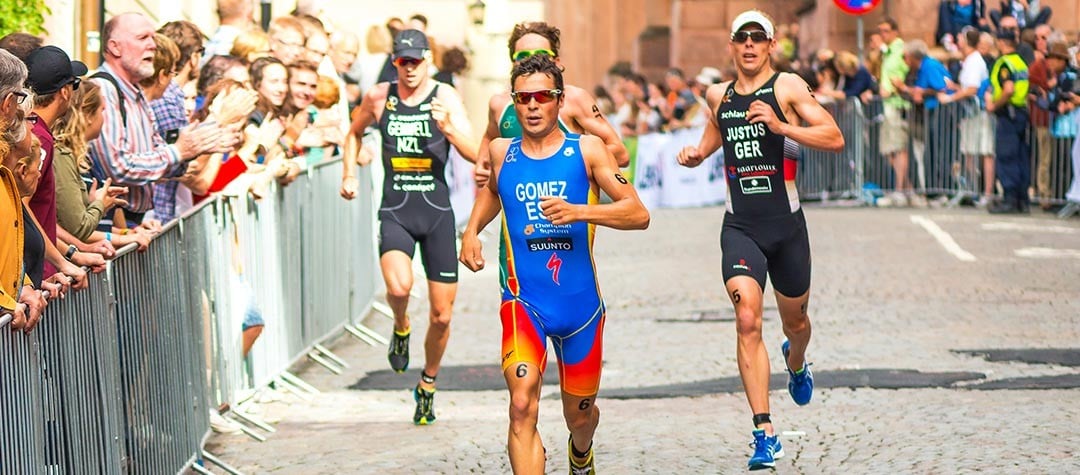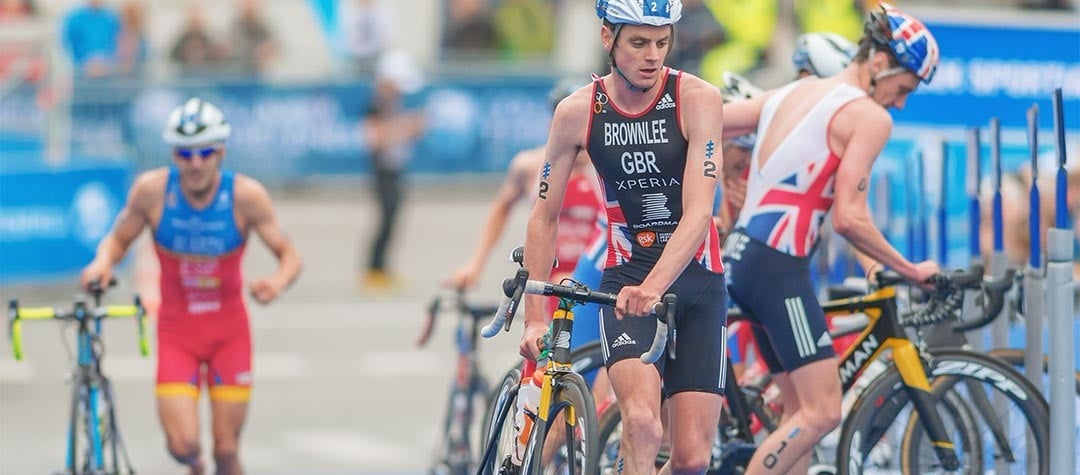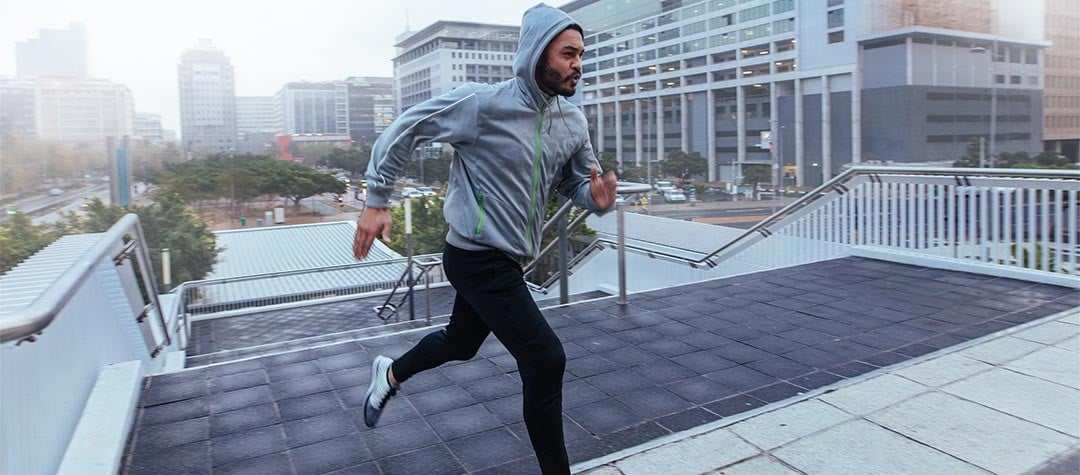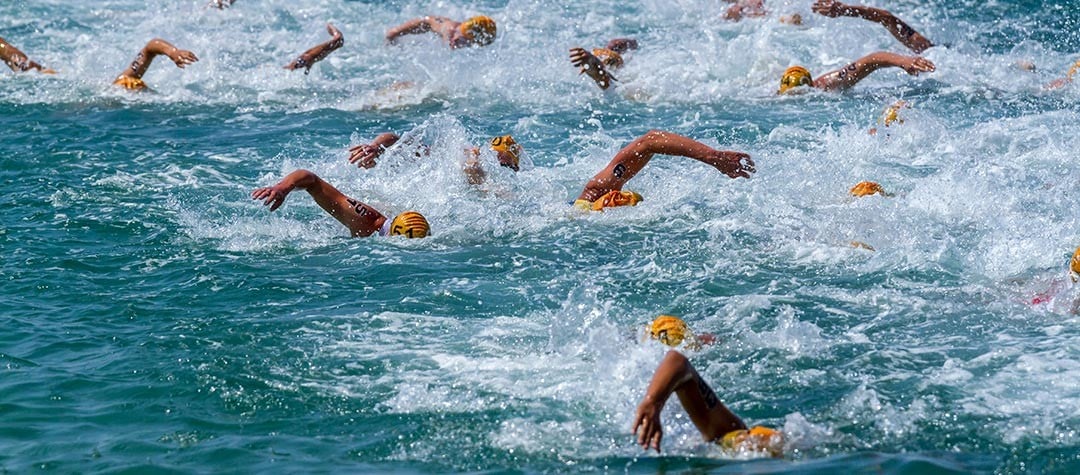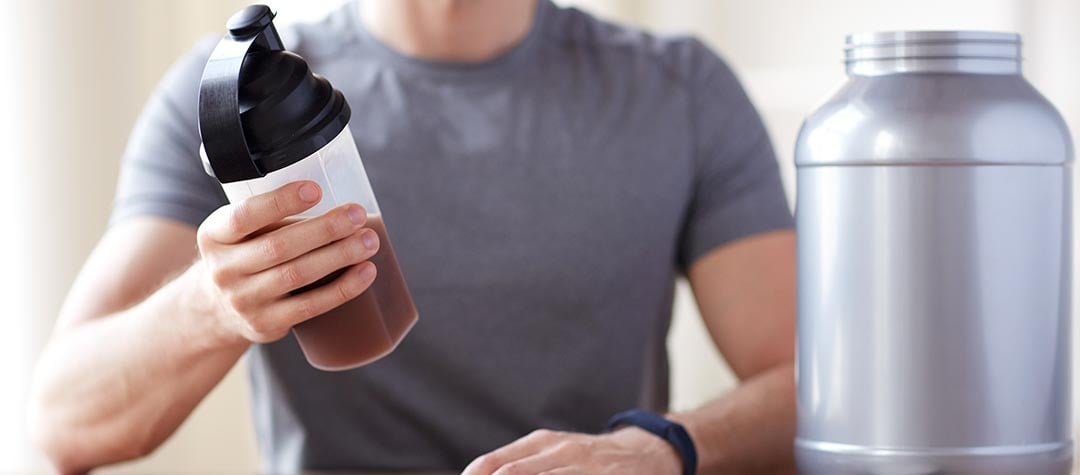Triathlon training should not be just one hard session followed by another. Triathlete Will Clarke advises why recovery should be a massively important part of your schedule.
Sometimes it’s a good idea to stop and ask yourself exactly what you want from your triathlon. Is it that you want to be as fast as you can come race day? Or, do you want to get your body in the best possible shape? If you want both of those things, then recovery should be as much of a priority for you as a hard week’s training.
To become faster and stronger your body has to go through an overload phase (the training bit which we all love doing). But you also have to come down from that and recover daily and also for a prolonged period every so often, so that your body can regenerate, absorb, adapt and improve.
Training overload
The best athletes will overload really hard, piling session on top of session for a sustained period. At the top level it is an absolute given that most of us train to our maximum, but what separates the best from the average? Talent of course is a big part of it, but that's a little out of our control.
Hard work is the piece we can control and a large part of that puzzle is having a smart training programme, which is why coaches with a sports science background are often more successful than 'smasher coaches'. A smart training programme with all the right components will overload you enough so that you can get fitter than your rivals, but also have the recovery built in allowing you to absorb that work.
A smart training programme with all the right components will overload you enough so that you can get fitter than your rivals, but also have the recovery built in...
When thinking about recovery it’s best to think about it in two ways; firstly, you need to focus on the short term day to day things you can do to arrive fresher at your next session. However, you also need to consider how your training programme is structured to allow you to take the physical and mental rest required to improve.
Short term recovery
Short term recovery can be anything from simple lifestyle choices to using crazy tools like Normatec boots and ice baths. It can be a large sacrifice to your lifestyle to do this sport properly and that’s one of the hardest things about being a professional athlete. Trundling around town shopping with your wife and going out until late drinking just won't do you any favours when it comes to recovery.
You can also go a long way to boosting your recovery by using a few common techniques such as compression socks, ice baths, stretching and just good old fashioned feet up on the couch watching TV. Believe me when that’s used properly, it can really work wonders.
Long term training and recovery
In the long term the training programme should normally work in cycles. For example you could structure it with two hard weeks, then one easy week (or 5 days on, 2 days off). Or maybe it can be planned around races like this; race - recovery - 3 week training block - taper - race. That's pretty much what I've done in previous years but there are many different ways to do it depending on your schedule and lifestyle.
Usually an easy week would mean reducing volume and intensity by around 30-50 per cent, rather than backing completely off everything. This will help you feel stronger in the long term and also fresher in the head which is good for longevity in the sport. It's also a good opportunity to give something back to the people who have made sacrifices for you, by having the time to do something different.
An easy week would mean reducing volume and intensity by around 30-50 per cent...
It can be hard to tell when to take the recovery. If you're an amateur athlete with a full time job then it's likely that you don't have the time to put in the amount of hours required to make you exhausted enough to take the recovery.
However, if you can get the day to day things right, you'll always get more from each session that you do and have extra energy for the next session. Working full time is demanding on the energy stores so if you can do the little things to feel better, then maybe you can squeeze more out of your week and take your performances to another level.











